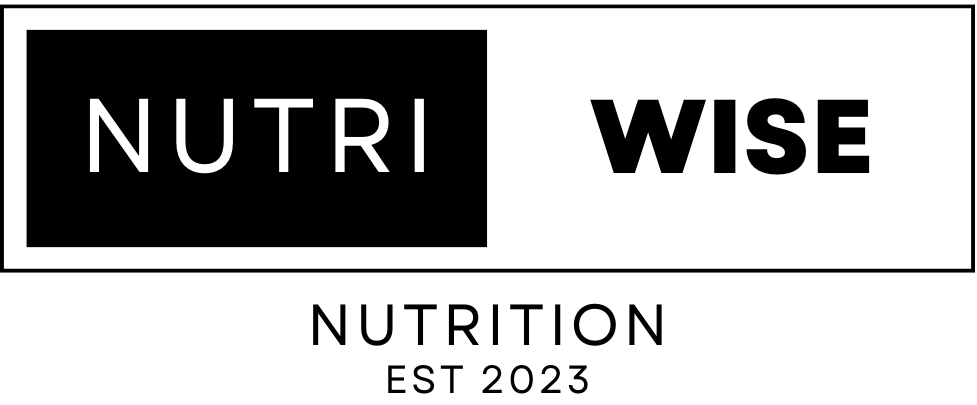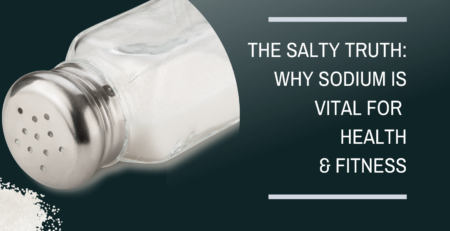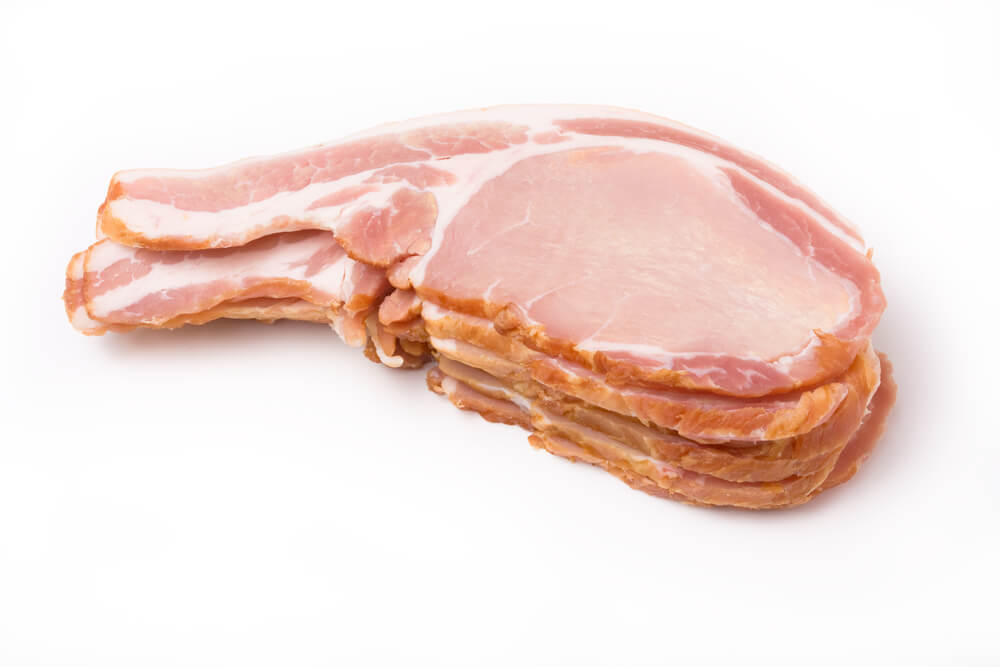How Much Protein Do You Need?
The Role Protein Plays
Protein is incredibly important in daily life and even more so if you lead an active lifestyle. Providing your body a regular supply of protein is essential for fueling growth and repair of lean muscle tissue.
When you’re trying to lose body fat, improve muscle tone, create shape, get stronger or become more athletic in general, protein is critical to your goal. You can’t do any of these without the right amount in your diet.
The Bro-Science Problem
In many gyms it’s trainers provide a “customised meal plan” as part of a Challenge or PT Package despite not legally being able prescribe meal plans. Fitness Australia have a scope of practice which limits Personal Trainers to Government issued advice on nutrition. Typical Governmental advice unfortunately doesn’t cater to active people because it’s based on the general population.
One Australian Government Department, the CSIRO, actually happen to have a handle on this. Being they are Australia’s national science agency, that’s refreshing. It also means a Personal Trainer can use their information to assist in providing dietary guidance to individuals.
Why Is Protein So Important?
When we perform physically strenuous exercise such as lifting weights or high intensity interval training (HIIT) we break down muscle tissue by creating tiny tears in the fibres that make up the muscle. When we consume protein in any form it is broken down into the basic components called amino acids which are the building blocks of muscle. Keeping an adequate supply of protein as part of your diet allows you to build, repair and maintain this muscle.
To recover we need to rebuild these broken down fibres to become stronger and bigger than they were. This process requires a consistent and regular protein intake or we sustain damage that takes us further away from our goals. The consistent protein intake at a certain level ensures that the repair process is always underway.
So, How Much Protein Do You Need?
The amount of protein each person needs on a daily basis differs depending on whether you’re active or not. In Australia the RDI is 0.84g per kilogram of body weight for men and .75g per kilogram of body weight for women in the general population.
It is generally accepted that as an individuals activity level increases, so does their daily protein requirement.
If you’re active, the research indicates that you consume approximately 2g of protein per kg of body weight each day to adequately recover and rebuild muscle fibres. This means for a 100kg person they will need around 200g of protein each day.
The amount per meal matters as well. It is ideal to consume a minimum of 25g of protein per meal and a maximum of 40g to stimulate the absorption process.
Should You Be Concerned About Higher Protein Diets?
No, as long as you’re otherwise healthy. You should consume protein from a range of sources as well, not rely on one source.
Diets higher in protein are more satiating (leave you less hungry) than the standard diet of the general population, making you less likely to snack on highly processed junk food which many people rely on to tide them over between meals.
How Often Should You Consume Protein?
Ideally every 3-4 hours.
This is because the response in the body to the protein you eat has either finished or diminished substantially by this time. For most people pursuing an active lifestyle, spacing meals apart like this works well anyway.
Does The Type Of Protein Matter?
Yes and No. You need to consume protein from a variety of sources. This isn’t because certain sources are superior but more because of the other nutrients that are delivered with the protein.
Vegan sources of protein are considered to be “incomplete” because they lack amino acids that animal proteins have. Both have their place in your diet though and you should not ignore one completely in favour of the other.
Supplements like Whey Protein Isolate, Collagen Protein or Plant Based Protein are useful to fill nutritional gaps in your diet.












Leave a Reply
You must be logged in to post a comment.